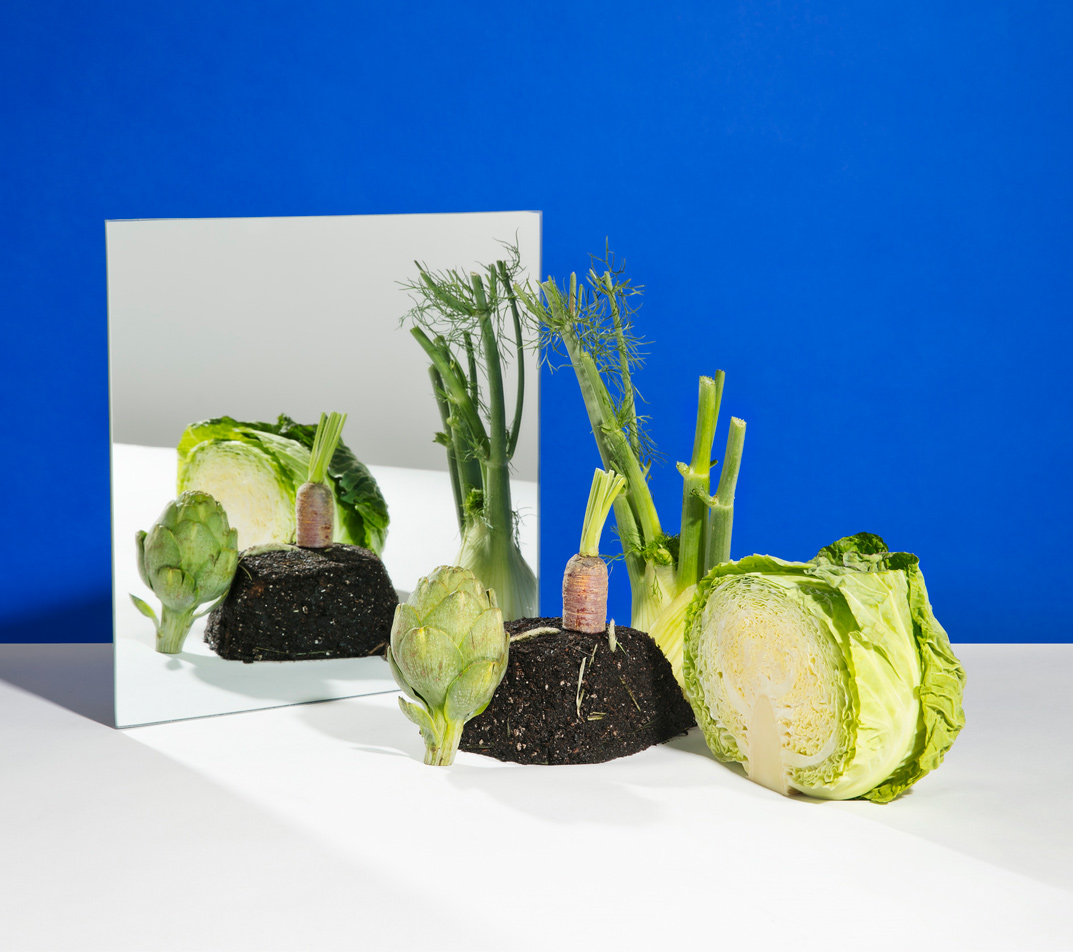×
The Standard e-Paper
Stay Informed, Even Offline

San Francisco: With the earth’s population projected to cross the eight billion mark in the next five years, scientists are working on the innovations that will revolutionize the food supply chain to meet future demands.